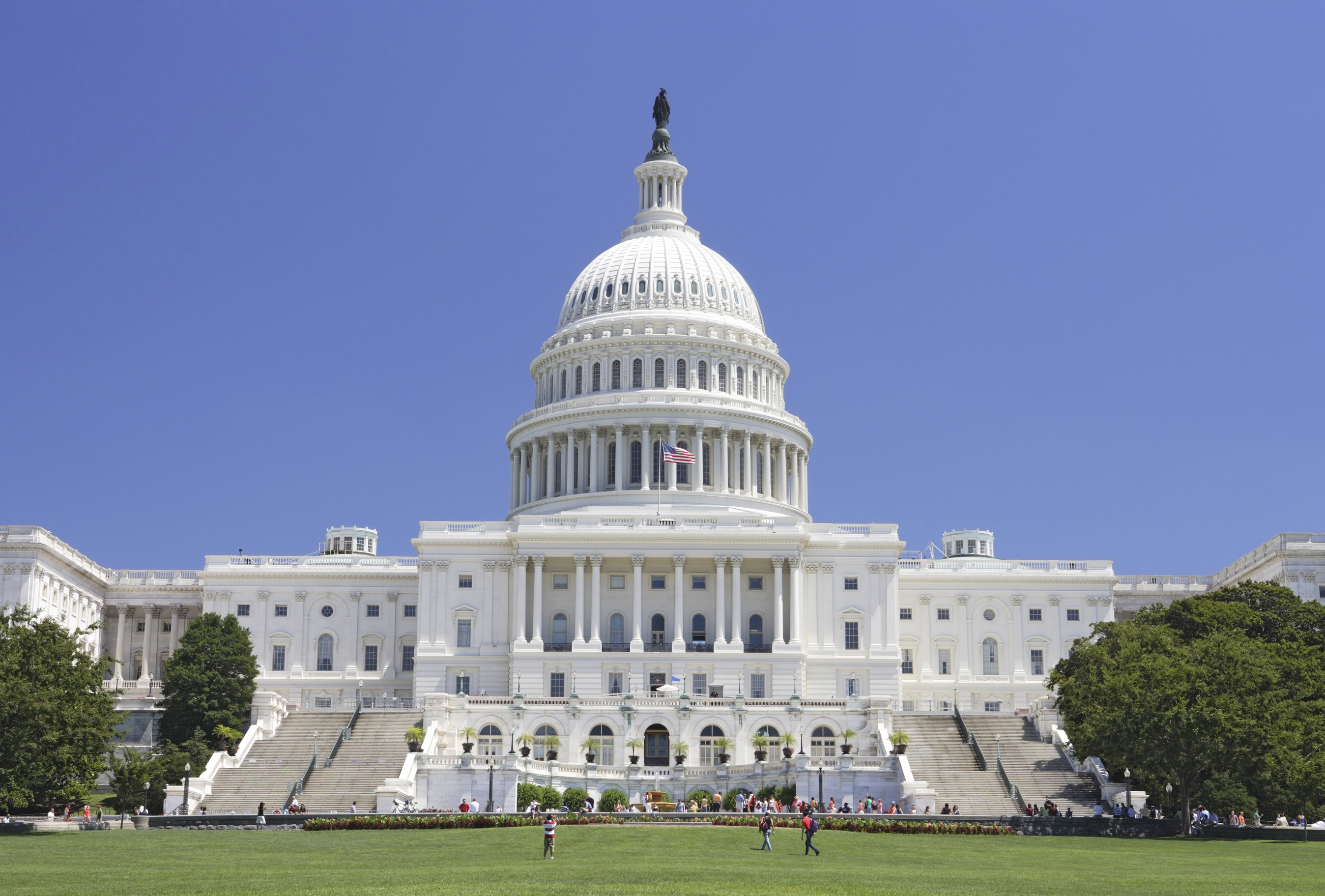 [1]
[1]WASHINGTON (BP) — The latest coronavirus (COVID-19) relief bill in Congress falls short on multiple counts, according to the Southern Baptist Ethics & Religious Liberty Commission.
 The House of Representatives approved a $3 trillion package May 15 in a 208-199 roll call vote that failed to gain approval from 14 members of the Democratic majority. The legislation, which apparently matches the combined funding amount of four previous pandemic relief measures, appears to have no chance of passage in the Senate, and the White House has announced its opposition.
The House of Representatives approved a $3 trillion package May 15 in a 208-199 roll call vote that failed to gain approval from 14 members of the Democratic majority. The legislation, which apparently matches the combined funding amount of four previous pandemic relief measures, appears to have no chance of passage in the Senate, and the White House has announced its opposition.
The bill fails to incorporate pro-life safeguards and support for charitable giving while promoting partisan policies unrelated to the pandemic, the ERLC said in critiquing the massive proposal.
“This legislation from Speaker [Nancy] Pelosi is, unfortunately, a messaging bill rather than a serious opening to the Phase Four relief negotiations,” said Travis Wussow, the ERLC’s vice president for public policy. “Now is not the time for show votes on wish lists. Serious action is needed.”
Among the measure’s “many problems,” Wussow told Baptist Press, are “its lack of Hyde Amendment protections, opening of the [Small Business Administration] Paycheck Protection Program to the abortion industry and, despite weighing in at $3 trillion, an expanded Universal Charitable Deduction [UCD] was not included.”
“Time is precious, and America’s elected leaders must work together to support our communities and the nonprofits serving valiantly on the front lines of this health and economic crisis,” Wussow said in written comments. “This is why the ERLC continues to call for a two-year, no-cap UCD and other critical policies that would propel American generosity to churches and charities.”
The previous relief packages passed by Congress included Hyde Amendment-type provisions, which prohibit abortion funding in federal health programs. The Hyde Amendment has barred Medicaid funding of abortion since 1976 and is used as a general label for such prohibitions.
Planned Parenthood, the country’s largest abortion provider, failed to qualify for the Paycheck Protection Program (PPP) in two previously passed relief bills, which combined to designate nearly $660 billion to help employee retention by small businesses, including churches and nonprofit organizations. The affiliation requirements in those measures prevented Planned Parenthood and its network of centers from participating in the PPP, but the new House-approved bill dropped those conditions.
The ERLC has been calling for a UCD since March, but Congress has refused to include it in the previous packages, which were passed in response to the economic loss brought on by the pandemic. The job losses that followed government health-and-safety restrictions have resulted in more than 36 million Americans filing for unemployment beginning in March.
ERLC President Russell Moore wrote congressional leaders May 7 to ask them to include a UCD and other provisions to encourage charitable giving in the next relief package. He also had called for a UCD on March 19. The ERLC and other organizations have expressed concerns the pandemic will reduce giving to churches and nonprofits, which could lead some to permanently shut down.
“Churches and charities are themselves ravaged by the public health and economic crisis we are facing even as they are also at the forefront of helping the vulnerable, the sick and the poor,” Moore said in a news release after the letter was sent. “Government should do everything possible to remove obstacles to the thriving of civil society.”
Moore asked for an unlimited UCD that would be retroactive to 2019 and extend through 2021. He told congressional leaders a UCD would “incentivize all taxpayers to give to nonprofits and charities,” and it would “help mitigate the economic impacts” of the pandemic. The 2017 Tax Cuts and Jobs Act, which doubled the standard deduction, resulted in most Americans no longer itemizing their deductions, Moore wrote May 7.
In a May 15 floor speech in support of the $3 trillion bill, Pelosi said the proposal was “a very strategically planned piece of legislation that is tailored strictly to meet the needs of the American people regarding the coronavirus pandemic. To do anything less would not be responsible.”
Senate Majority Leader Mitch McConnell, however, tweeted after its passage the legislation “reads like the Speaker of the House pasted together random ideas from her most liberal members and slapped the word ‘coronavirus’ on top of it.”
The House-passed bill reportedly includes not only funds for state and local governments and more direct payments to Americans but also such matters as the U.S. Postal Service and relief for student loans.
In his May 7 letter, Moore’s requests for congressional approval in addition to a UCD included:
— A tax deduction retroactive to 2018 for part of tuition costs at non-public elementary and secondary schools, thereby potentially providing relief to public schools that may face an overwhelming increase in enrollment.
— Changes in the Supplemental Nutrition Assistance Program (SNAP) — a federal, anti-hunger effort — to help families with a new need to access SNAP and to expand the online program so the elderly poor especially may stay safe at home when purchasing food.
— A moratorium on young people from 18 to 21 aging out of foster care so they can remain in a safe living arrangement.
